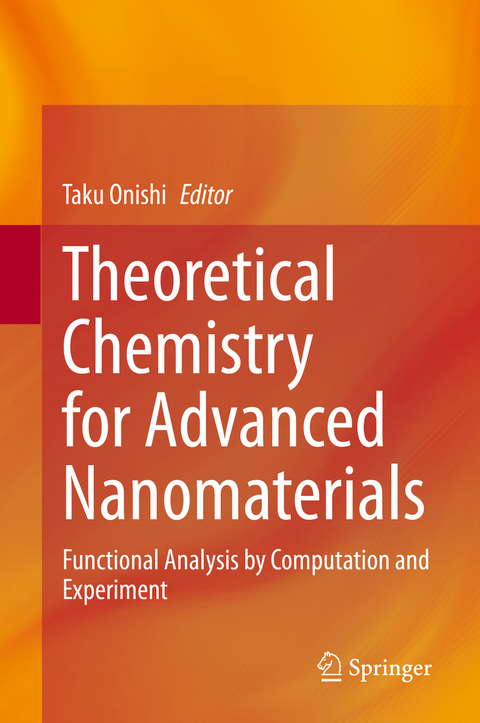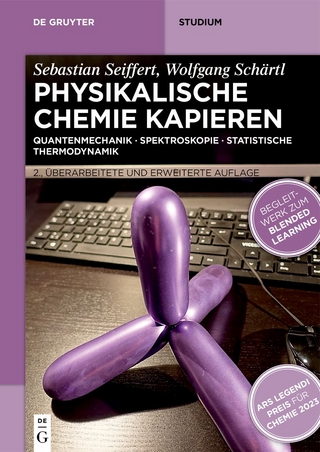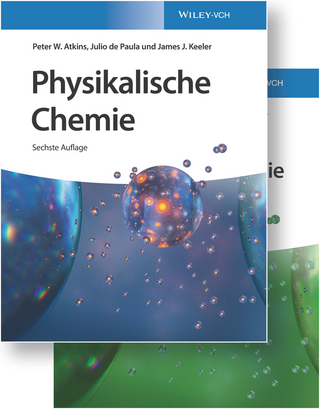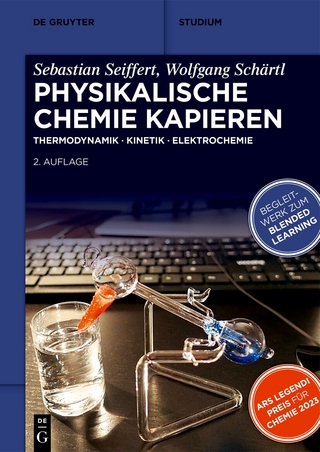
Theoretical Chemistry for Advanced Nanomaterials
Springer Verlag, Singapore
978-981-15-0005-3 (ISBN)
After the general introduction of nanomaterials, several computational approaches are explained in Part II. Each chapter presents not only calculation methods but also concrete calculation results for advanced nanomaterials. Hydride ion conducting nanomaterials, high-k dielectric nanomaterials, and organic electronics are focused on. In Part III, the interplay between computational and experimental approaches is explained. The chapters show calculation results, combined with corresponding experimental data. Dimensionality of nanomaterials, electronic structure of oligomers and nanorods, carbon nanomaterials, and the electronic structure of a nanosized sandwich cluster is looked at carefully. In Part IV, functionality analysis is explained from the point of view of the experimental approach. The emphasis is on the mechanism of photoluminescence and hydrogen generation using silicon nanopowder, the superionic conducting mechanism of glass ceramics, nanoclusters formation on the surface of metal oxides, and the magnetic property of an organic one-dimensional nanochannel. Finally, forthcoming theoretical methods for excited states and quantum dynamics are introduced in Part V.
Taku Onishi is Japanese scientist. He graduated from Faculty of Science, Osaka University, Japan in 1998, and got PhD from Graduate School of Science, Osaka University, Japan in 2003. He got a permanent position at Faculty of Engineering, Mie University, Japan in 2003. He has been a guest researcher of Department of Chemistry, University of Oslo, Norway since 2010. His research covers several scientific fields such as computational chemistry, quantum physics and material science. He has served on international scientific activities: Member of Royal Society of Chemistry; Chair of Computational Chemistry (CC) symposium; Science Committee of International Conference of Computational Methods in Sciences and Engineering (ICCMSE); Editorial Board Member of Journal of Computational Methods in Sciences and Engineering (JCMSE), Cogent Chemistry and Cogent Engineering etc.
Theoretical Chemistry for Advanced Nanomaterials: Computational and Experimental Approaches.- Quantum Chemistry in Perovskite Fluoride and Hydride: Nanoscale Hydride Ion Conduction.- Local dielectric constant density analysis of high-k dielectric nanomaterial.- Nano-scale first-principles electronic structure simulations of materials relevant to organic electronics.- Enabling materials by dimensionality: from 0D to 3D carbon-based nanostructures.- Group 13-15 needle-shaped oligomers and nanorods: structures and electronic properties.- Computational and Experimental Analysis of Carbon Functional Nanomaterials.- Electronic properties of transition metal-benzene sandwich clusters.- Si nanpowder for photoluminescence and hydrogen generation materials.- New Na+ superionic conductor Narpsio glass-ceramics.- Surface characterization of plasma-electrolytic oxidized coatings by X-Ray photoelectron spectroscopy.- Inter-spin Interactions of Organic Radical Chains in Organic1D Nanochannels: An ESR Study of the Molecular Orientations and Dynamics of Guest Radicals.- If truncated wave functions of excited state energy saddle points are computed as energy minima, where is the saddle point?.- Simulating Quantum Dynamics in Classical Nanoscale Environments.
| Erscheinungsdatum | 17.02.2020 |
|---|---|
| Zusatzinfo | 203 Illustrations, color; 111 Illustrations, black and white; XVII, 544 p. 314 illus., 203 illus. in color. |
| Verlagsort | Singapore |
| Sprache | englisch |
| Maße | 155 x 235 mm |
| Themenwelt | Naturwissenschaften ► Chemie ► Physikalische Chemie |
| Naturwissenschaften ► Physik / Astronomie ► Festkörperphysik | |
| Technik | |
| ISBN-10 | 981-15-0005-3 / 9811500053 |
| ISBN-13 | 978-981-15-0005-3 / 9789811500053 |
| Zustand | Neuware |
| Haben Sie eine Frage zum Produkt? |
aus dem Bereich


